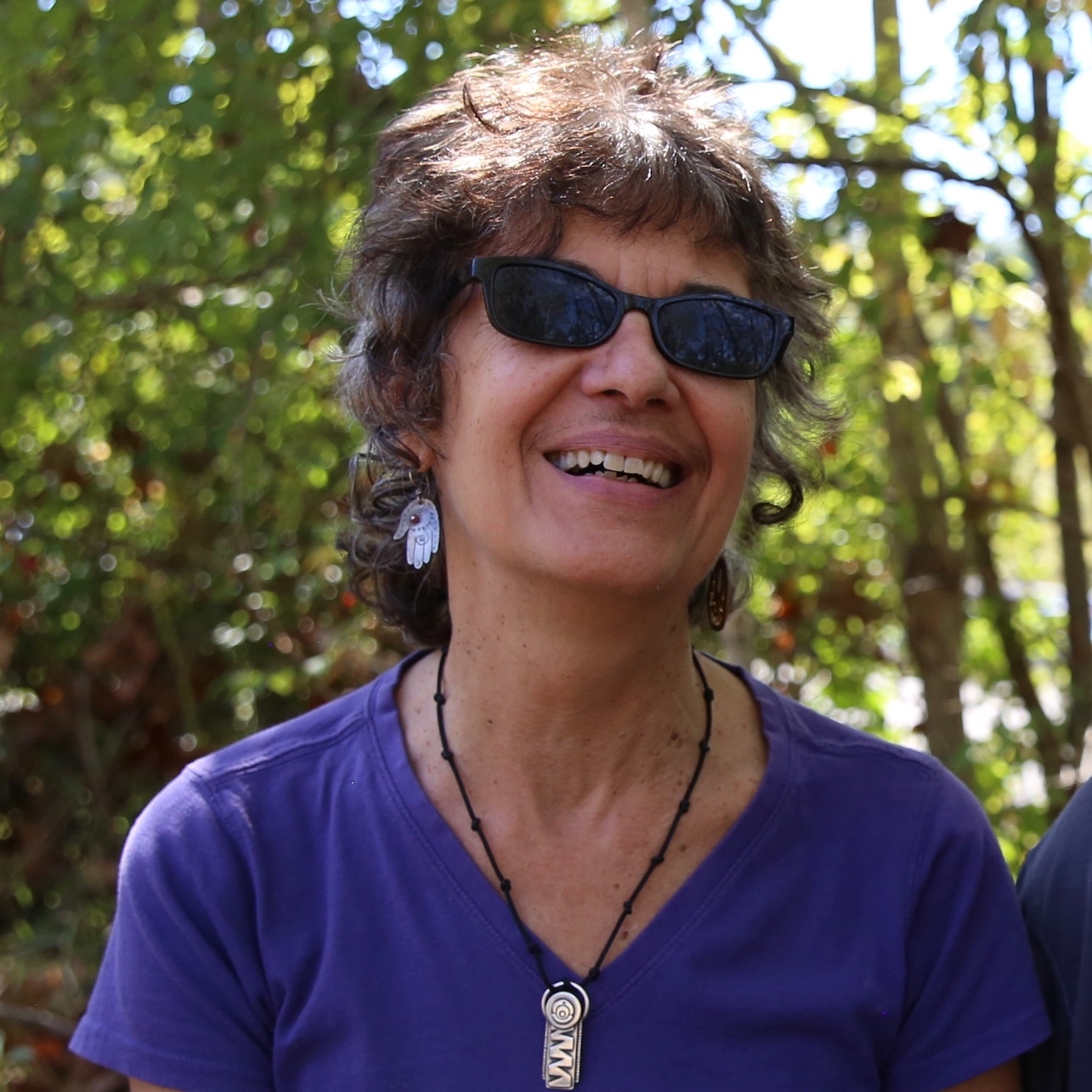PRACTITIONERS
Discover Opportunities.

NAFSN provides one-on-one career coaching for new and transitional professionals looking for work.
We start with a 30-minute phone call to learn about your work experiences and aspirations. Then, by tracking hundreds of jobs each month, we send matching leads to you directly by email. Join today for this benefit.

NAFSN seeks to curate the most comprehensive list of job postings in the United States and Canada, including most jobs posted on ComfoodJobs.
If you are a food systems practitioner looking for your next challenge, we encourage you to search our open-access Jobs Portal.

Are you a freelance consultant seeking to build your business?
Community food system organizations throughout the North America are looking for grant writers, strategic planners, analysts, researcher collaborators and other types of support. Join NAFSN to build your business.
FEATURED TOOLS & RESOURCES:
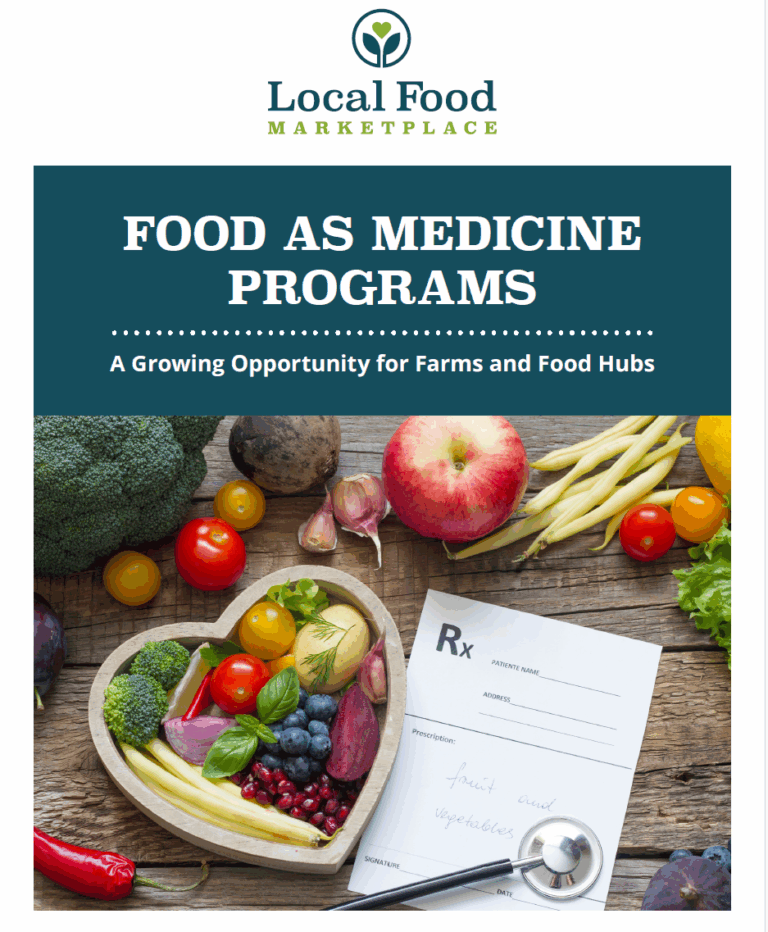
Food as Medicine Programs: A Growing Opportunity for Farms and Food Hubs
This toolkit was developed Local Food Marketplace, drawing on expertise of four experienced Food as Medicine managers to create a blueprint for how local farms and food hubs can get more involved.
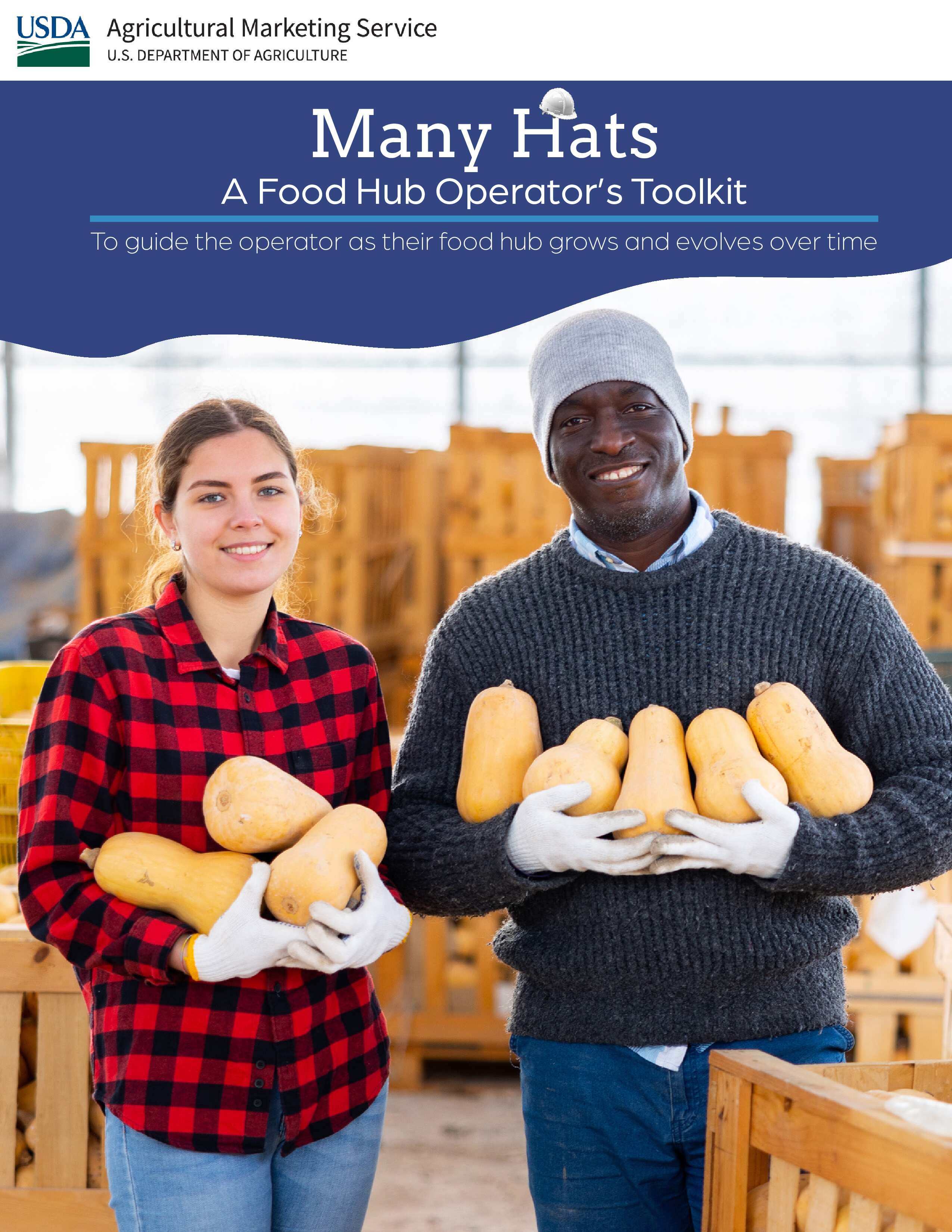
Many Hats: A Food Hub Operator's Toolkit
Published by Extension-Local Food Economics and created by a team from UVM, MSU, and USDA AMS to for food hub operators, tailored to their needs, with multiple formats and applications throughout the life of a food hub.
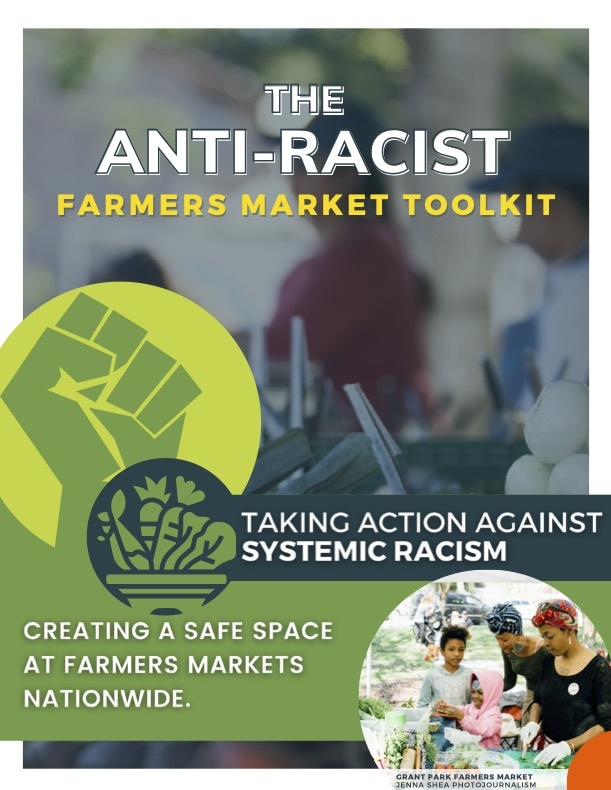
The Anti-Racism Farmers Market Toolkit
This toolkit was developed by a group of ten Black food systems experts, led by Sagdrina Jalal and Nedra Deadwyler, and supported by the national Farmers Market Coalition.
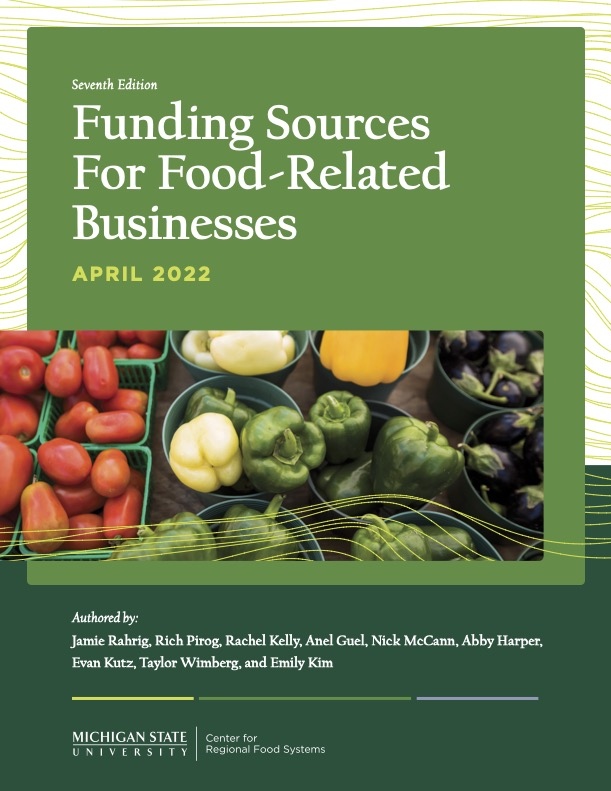
Funding Sources for Food-Related Businesses, Seventh Edition
This resource is curated by the Center for Regional Food Systems of Michigan State University.
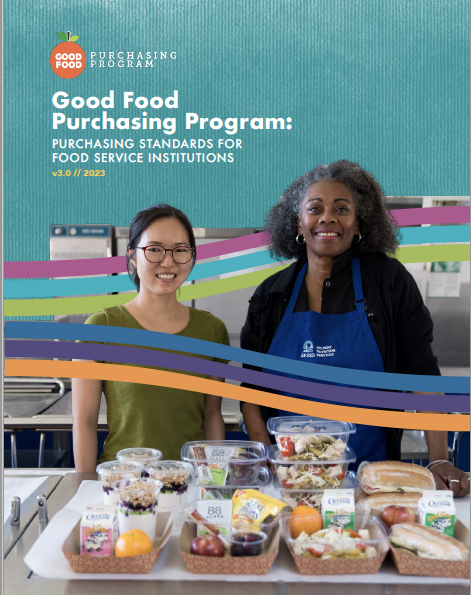
Good Food Purchasing Program: Purchase Standards for Food Service Institutions
The Center for Good Food Purchasing published this 3.0 Version of Purchasing Standards for Food Service Institutions in 2023. It includes qualifying criteria for local and community-based economies.
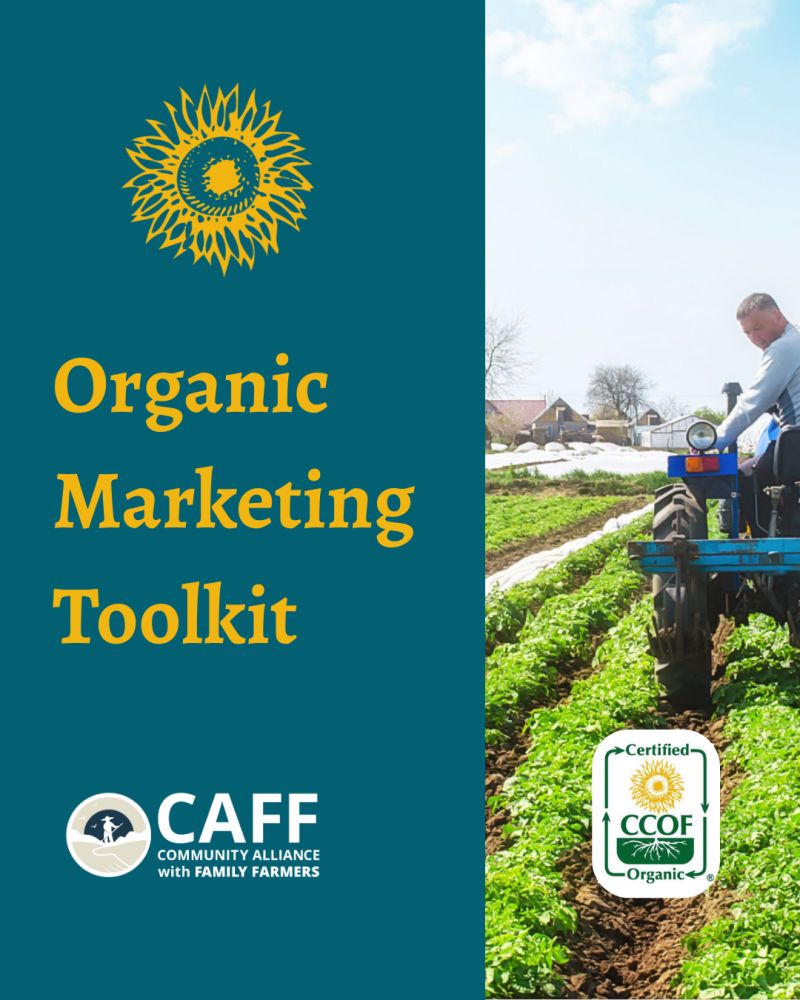
Created by California Certified Organic Farmers (CCOF), this toolkit offers clear, actionable strategies to help farmers.
Access Sustainable Agriculture Funding Opportunities
curated by the ATTRA Sustainable Agriculture Program managed by the National Center for Appropriate Technology
Sign up to Receive the ComFoodJobs Listserv
curated by our partners at the Tufts University Agriculture, Food and Environment program
Sign up for the Food Systems Leadership Network
curated by our partners at the Wallace Center at Winrock International
Sign up for the Food Systems Practitioner and Education Resource Database
curated by our partners at Iowa State University Extension and Outreach
FEATURED FOOD SYSTEMS PRACTITIONERS
Becky Landes
Becky Landes creates opportunities for Indiana farmers to sell directly to Indiana schools. Today, her work is described as “value chain coordination” and “farm-to-school procurement.” But Becky began doing this work long before those terms came around.
She’s known many of the farmers she works with for a long time. Having grown up in rural Northeast Indiana, Becky sees them in town, runs into them at the grocery store, or goes out to meet them at their farms. They are her neighbors and her friends.
As a former school food service director with 23 years of experience and a Bachelor’s degree in business administration, Becky has forged a distinguished career that included working with the Institute of Child Nutrition. Back home, she was part of a team at three schools that served approximately 1,100 lunches a day to school children at a rural school district in North Manchester, Indiana. Many of these meals included locally grown ingredients. For decades, she has pioneered and promoted a farm-to-school program designed to connect local agriculture to local schools throughout Wabash County and neighboring counties in Indiana.
In February of 2025, Becky began working with FARMWISE Indiana as ...
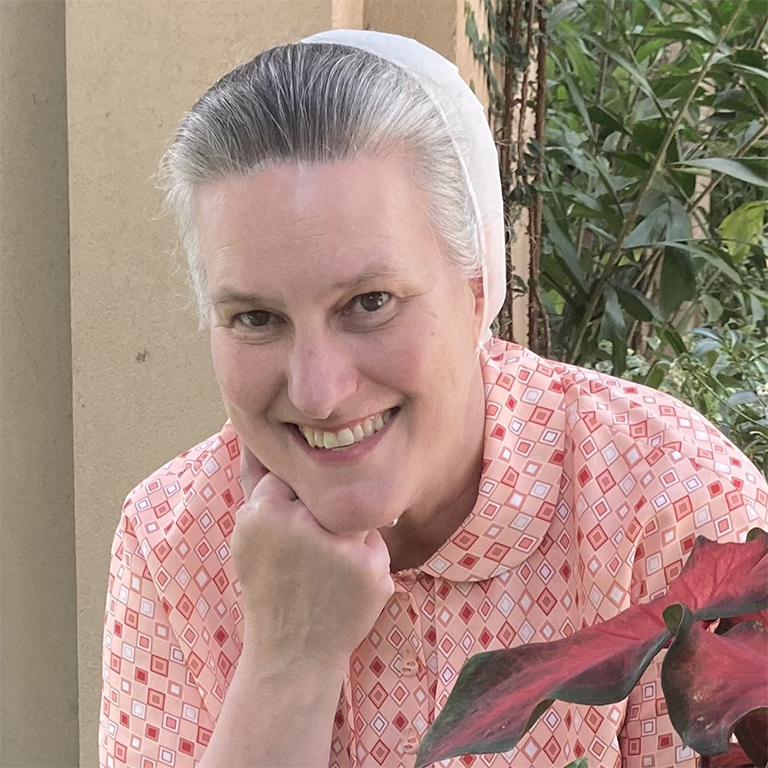
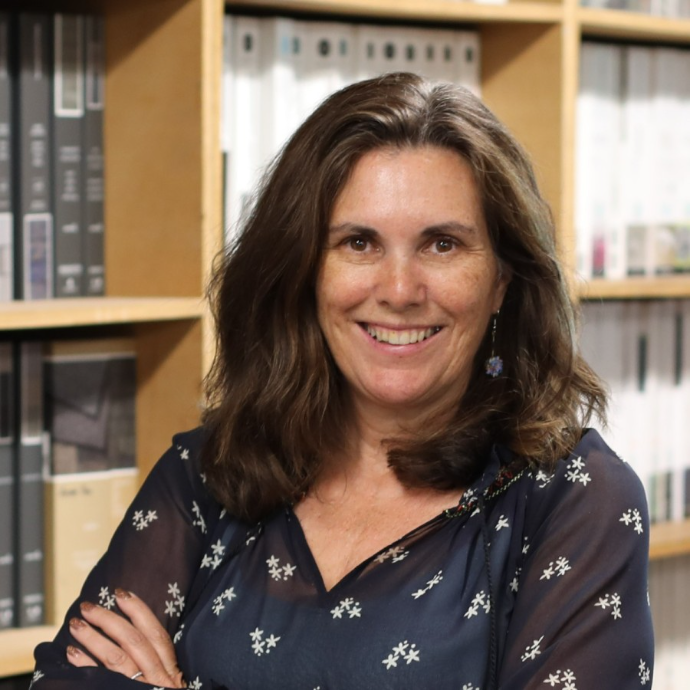
Peggy Fogarty
This self-reflection is the first in our "Trailblazers 2023" series in which we recognize & honor food systems professionals with 20+ years experience.
We can do better. I’m a perpetual optimist. As a young person, I was overwhelmed by so much going wrong in our world. Negative news about war, the destruction of the rainforests, racism, capitalist impacts on poverty, and environmental harm was consuming me. I didn’t want to get sucked into being a warrior; I was determined to focus on positive change.
After years of witnessing environmental destruction in places such as Camden, NJ, Matamoros, Mexico, Grano de Oro, Costa Rica, and Tucson, AZ, I felt moved to take direct positive action for environmental, social, and economic justice. I committed my time and energy towards something healthy for people, the economy, and the planet. Building a food system was the answer for me. So, I became an organic farmer in Lancaster County, Pennsylvania, raising a family, living simply, eating healthy, and serving the community as one of the first Community Supported Agriculture farms (CSA) at the beginning of this movement in 1999. Farmers had so few options to direct market. Consumers had
Randolph Keaton
At first glance, Vacation Vittles is a simple, savvy twist on the standard CSA business model. Beach vacationers staying on the shores of Wilmington, NC, order farm-fresh bags of seasonal produce grown by local farmers and delivered by youth. It’s a sunny story of short-value-chain economic development on the seashore.
But Randolph Keaton—the driving force behind Vacation Vittles—is not a person whose story begins or ends with oceanside burgers and grilled corn on the cob. Rather, Randolph uses the unjust circumstances of living in proximity to concentrated hog feeding operations, high rates of asthma and obesity, contaminated groundwater, deforestation, deteriorated soils, intensified hurricanes, and the resultant flooding—all happening within 60 miles of the beach—to educate, embolden and employ rural Black youth.
Randolph is the executive director of Men and Women United for Youth and Families (MWUYF), a nonprofit in Columbus County, NC. Located 30 miles from any county seat, he and his staff provide a wide range of social services to meet the myriad needs of their very rural community. It is a place that Randolph describes as ravaged by systemic disenfranchisement and persistent poverty. Vacation Vittles is a piece of his busy workload, but only just a piece. While the program teaches youth entrepreneurial skills, Randolph's long-term goal is to grow an engaged citizenry that will permanently improve their community's circumstances for good.
When Randolph first pitched the idea of teaching youth to grow vegetables, "folks would say that kids wouldn't work outside because of disability from the asthma." The asthma, he explained, is caused by air pollutants from nearby confined feeding lots. "These hog farms, well, you can't see the hog farms. They make it so you can't see them. But they can't hide that smell." Asthma or not, the youth showed up, and the work of growing vegetables began. "We told them, 'If you grow it and if you sell it, you keep the money.' That kept them coming back."
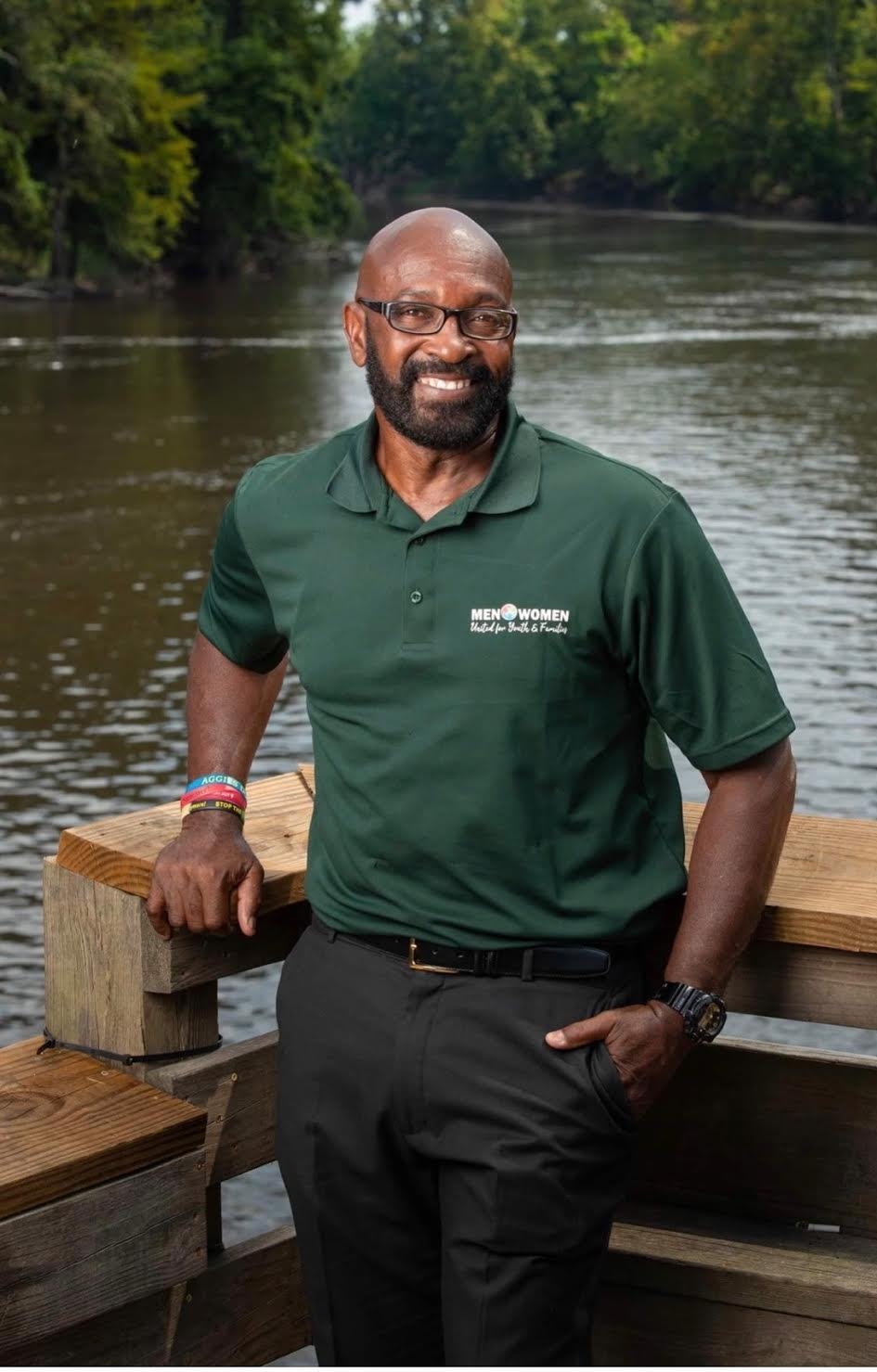
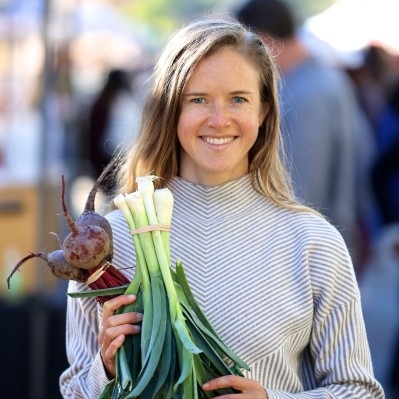
Mickey Davis
For many who have worked at the uphill crossroads of local agriculture and food access, Mickey Davis' situation is so rare that her words ring almost surreal. In Boulder, CO, she says, "the city and county (are) throwing weight behind my role, and building more positions of its kind."
A sugar-sweetened beverage tax, leveraged by the public health department into a "Health Equity Fund," has paved the path for her position as the Local Food Access Specialist for Boulder County Farmers Markets (BCFM.) Mickey's entire salary, some administrative support, marketing, and educational materials, "are supported by the city of Boulder, which is incredible. Boulder County Farmers Markets also donates a significant amount of in-kind support as well."
Mickey says, "We're all imagining this unknown world of resilient, accessible, equitable local food systems." and suggests that "the city of Boulder is closer to realizing that than others."
"Charitable food access work is nice, but I love the pulse of business," she says.
"Let's draw more energy toward food access and make more money for our sustainable farmers at the same time. Double Up Food Bucks and WIC Farmers Market programs accomplish two goals at once."
Michelle Ajamian
Michelle Ajamian starts our interview by reminding me of the Indigenous people to whom granary millers like her owe their livelihoods.
Her digital email signature acknowledges the traditional lands and territories of the Shawnee, Osage, Adena and Hopewell peoples, where I live and work in Appalachia.
"On this continent," she writes, "we owe First Nation peoples, enslaved Africans, and farmers from the global majority gratitude for our agricultural wealth and rich cuisine built around corn, beans and rice."
That’s where we have to start the conversation about staple foods, she says.
Michelle is the principal owner of Shagbark Seed & Mill, an organic processing facility in Athens, Ohio, that she and her partner, Brandon Jaeger, started in 2010 to work with farmers from the region. She is a 2015 recipient of the Outstanding Woman in Innovation award and a frequent public speaker.
